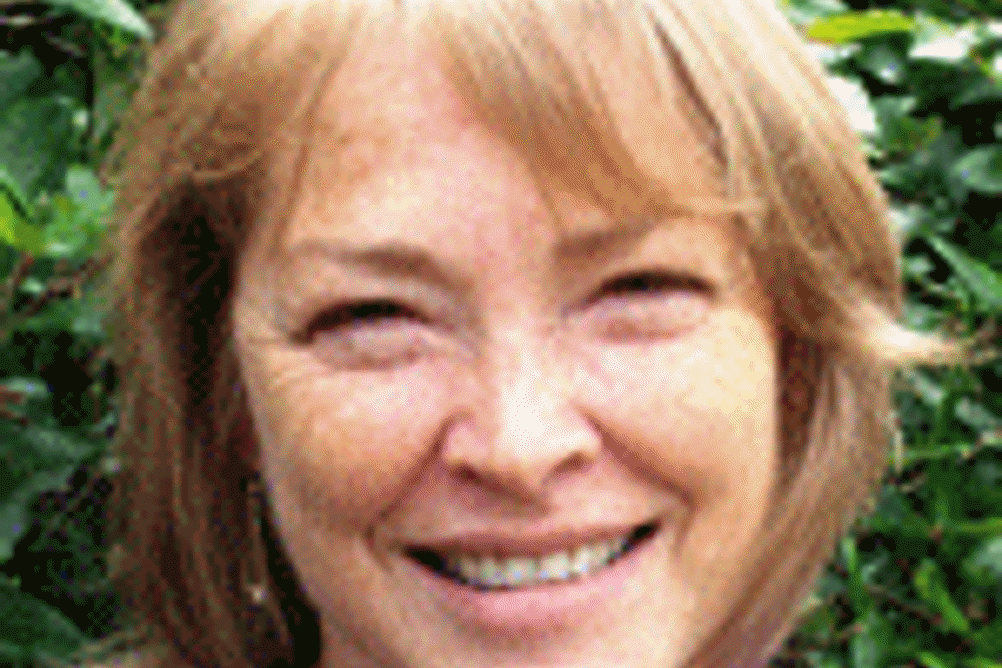
The EYFS describes the characteristics of effective learning and teaching - playing, being willing to have a go and take a risk, persevering with challenge, enjoying achieving their own goals, being creative, solving problems and thinking for themselves. A practitioner who embodies those approaches will not be much daunted by a brief legal framework, which after all describes practice in fairly loose and general terms.
A playful, motivated, creative and thinking professional will have the confidence to interpret the requirements of the statutory document in the light of what they know, believe and have skills to put into practice. They will be ready to learn if a new framework triggers new or deeper thinking. Where the framework may fall short of describing the best possible approach, that presents no limit to those who work toward their own standards of practice.
Register now to continue reading
Thank you for visiting Nursery World and making use of our archive of more than 35,000 expert features, subject guides, case studies and policy updates. Why not register today and enjoy the following great benefits:
What's included
-
Free access to 4 subscriber-only articles per month
-
Unlimited access to news and opinion
-
Email newsletter providing activity ideas, best practice and breaking news
Already have an account? Sign in here









